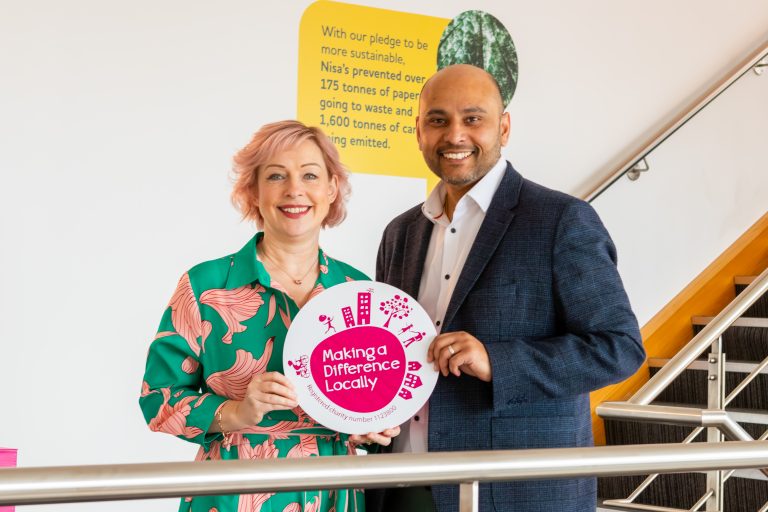In a world of rising prices, consumers are switching to own brand products.
by Iain Hoey
There is a comfort among consumers when it comes to brands. A recognisable label gives an assurance that a product is trustworthy, and a product’s brand symbol can be the make or break point for consumers when it comes to branding. The major multiples put great effort into championing their own-label products from the hyper-budget Tesco Value range to the increasingly ludicrous offerings of Waitrose Essentials. But independents are not to be left out of the game with many taking their own stab at own-label offers – and for good reason.
New research from Palmer & Harvey (P&H) was recently unveiled, showing that almost half of consumers have said they will cut back on eating out and switch to own-brands to save themselves some money. The research, conducted by Retail Economics, found that 73% per cent of respondents said they would prefer to stay at home and cook a meal rather than eating out, and 47% said they would switch to cheaper shops altogether, as well as switching to own-branded products.
P&H managing director Martyn Ward said that: “An uncertain political and macroeconomic backdrop and a weaker outlook for personal finances means consumers are less optimistic about the future of the economy and are poised to tighten their belts as inflation outstrips wage growth.
“Our research shows that it will be critical to the success of food and grocery retailers, wholesalers and suppliers to rapidly adapt to changing consumer behaviour, a shoppers shift towards own-label, cheaper alternatives and cut back on any non-essentials. Those that quickly grasp the opportunity to evolve their product mix and pricing will be the winners in this challenging environment.”
Hoping to take advantage of the consumer consciousness are Spar UK with the roll out of the latest phase of its Easy Meals promotion. The activity uses a core range of 15 existing Spar brand products to show shoppers that they can find everything they need for delicious, simple evening meals at their local Spar.
Cath McIlwham, Spar UK Head of Brand, says that: “By continuing with our Easy Meals campaign, we are telling our customers that SPAR is the place to shop for their meal for tonight, throughout the entire year. It also means we can also make sure our retailers are stocking the bestselling products from each category, for the best sales return possible.”
At Nisa, its own label Heritage offering recently doubled its range of sausage lines for the summer barbecue season. The gourmet sausage line now boasts six varieties for consumers to choose from, up from the three previously available. The previous pricing of just £3 per pack or buy two for £5 has been kept to maintain value.
Andy Cowin, Nisa’s Trading Controller for meat and poultry, says: “We work hard to secure the highest quality meat products whilst also ensuring retailers are getting a good deal. The multibuy deal drives sales value and also delivers great cash margins for retailers.”
It’s not just food either, with Spar offering own-label products across their entire store, including the medicine cabinet. Its own label medicine range, consisting of four Paracetamol and Ibuprofen lines, recently grew with the addition of the three new products: Spar cold relief capsules, Spar diarrhoea relief capsules, and Spar hay fever & allergy relief tablets. McIlwham says: “The medicine market is growing annually and our customers want more product choice offering better value for money.”
Aside from value, own-label products have a built-in loyalty value – if a product or a deal is exclusive to a fascia then a successful product can be a selling point for customers. But sales are unlikely to be guaranteed without some form of promotion, so retailers should look to champion their own-label products and be on the lookout for the best deals available from their fascia.







